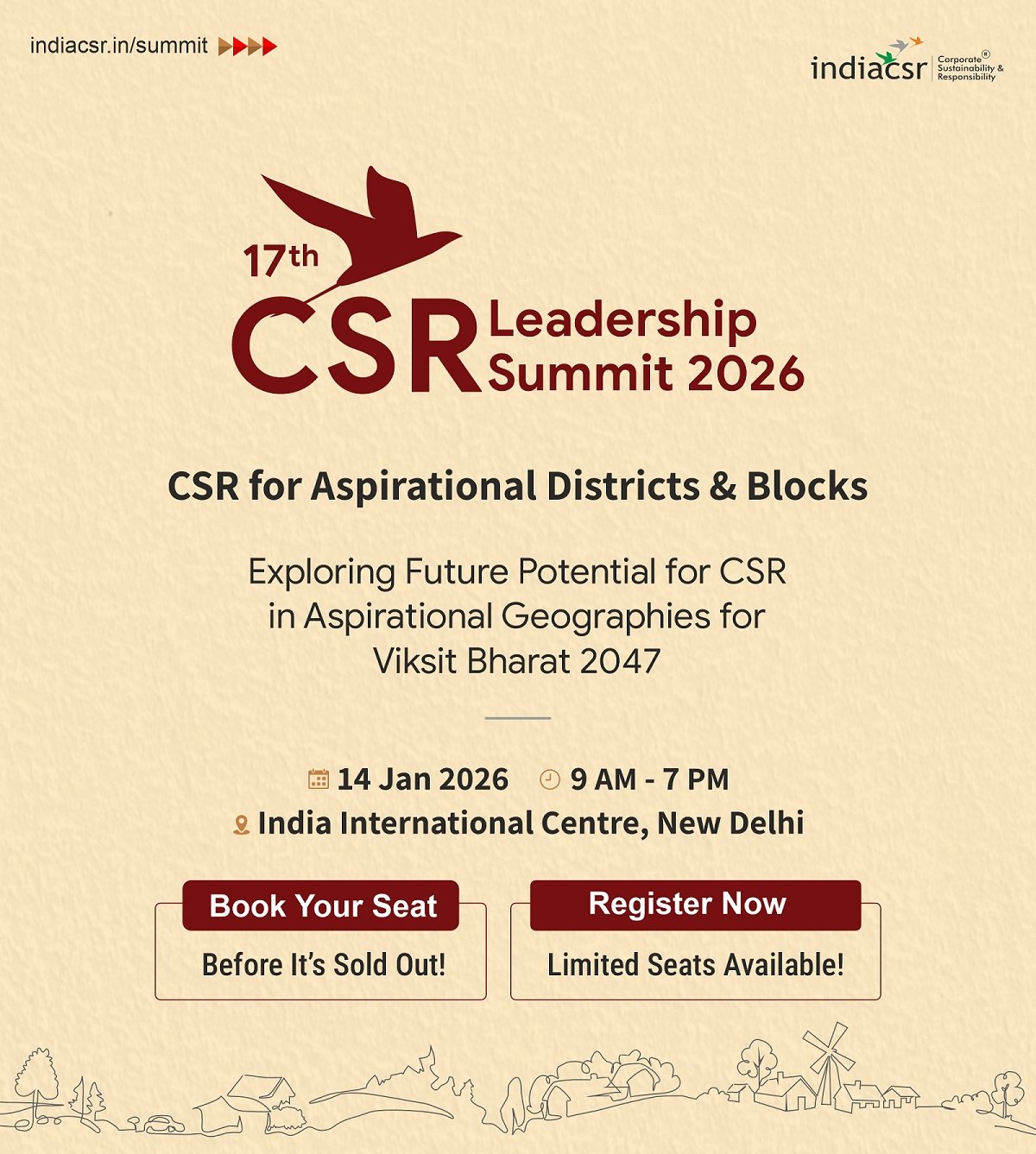Sustainability is going to be most critical element of business post COVID-19 era as taking addressing people and the planet’s challenges will be new success mantra.
The Sustainable Development Goals (SDGs) provide a lens through which we can translate local and global needs and ambitions into business opportunities. In 2015, the United Nations adopted the Sustainable Development Goals: 17 goals to be met by 2030 to address the world’s shared challenges of poverty, inequality, climate change, environmental degradation, prosperity, and peace and justice.
Every business organization needs to identify and choose, based on stakeholder inputs, the top SDGs that are most relevant to their businesses, and align with sustainability, where they can make the greatest impact.
Businesses need to develop the Sustainability Goals Roadmaps with contribution to the goals and future opportunities, ensuring that they remain central to business strategy.
Rusen Kumar
The roadmap must be guided by materialistic analysis as a part of a long term Sustainability Strategy that drives the overall sustainability program.
Every Business organization in India must embed the environmental, social and economic dimensions of sustainability into business DNA, and at the same time strategically align business with the SDGs – that are more agile, cost-efficient, and prepared for transformational changes that society needs.
Developing more open, creative collaborations with other organizations, NGOs, academia and governments can be a catalyst to boost the goals of sustainability to better meet the expectations of customers and stakeholders.
Sustainability Reporting: Three Priority Levels
1. Material Top Focus
a. Innovation and Sustainability Solutions
b. Circular Economy
c. Climate/Energy
d. Governance and Integrity
e. Resource Efficiency
f. EHSS – Environment, Health, Safety & Security
2. Continuous Improvement
a. Product Stewardship
b. Human Capital
c. Supply Chain
d. Corporate Social Responsibility and Social Impacts
3. External Reporting
a. Government
b. Authorities – SEBI, GRI, CDP
c. India CSR – Sustainability Updates
Stakeholder engagement throughout sustainability programs is important and sustainability leaders must take responsibility for engagement.
4 Key objectives of stakeholder’s engagement:
1. Identify primary stakeholders and sources of accountability.
2. Understand effort on stakeholders and their priorities.
3. Discover new ways to collaborate and create value.
4. Establish best tools for stakeholder engagement.
Circular Economy
Used plastic in waste streams pose significant challenges to ecosystems around the world. Organization needs to work on a vision and mission to ensure that plastics are always reused and remade into new products. Corporations must collaborate upstream and downstream to achieve a total transformation to the value chain built around circular economy principles.
Businesses should show and strengthen their leadership for circular economy issues in particular trade or business. Organizations should also use their business for good, committing by working with key stakeholders wherein they operate.
Corporate needs to open its door to work with peers, customers, the broader value chain, and other external collaborations to develop new processes, products and sustainability-related standards to address emerging needs, such as efficiency and performance.
It is experienced that long-term relationships with customers lead to better products with lower impact.
Four pillars of reducing plastic waste
1. Infrastructure development to manage waste and increase recycling.
2. Innovation to develop and scale materials, products design, and recycling strategies that minimize waste and create value.
3. Education and engagement to enlist governments, communities, businesses, and individuals in the movement.
4. Cleanup to reduce concentrated area of waste in the environment, particularly in rivers that carry material to sea.
Businesses also see themselves as trusted partners of the local government and provide support to environment and development agendas.
Also Read: Sustainability helps achieve strategic business goals
(Rusen Kumar is the founder and managing editor of India CSR. He regularly writes on Sustainability and CSR)
India CSR invites Sustainability Leaders to share their thoughts on recent trends in Sustainability. To know more about the guidelines write to editor at sustainability@indiacsrnetwork.com






